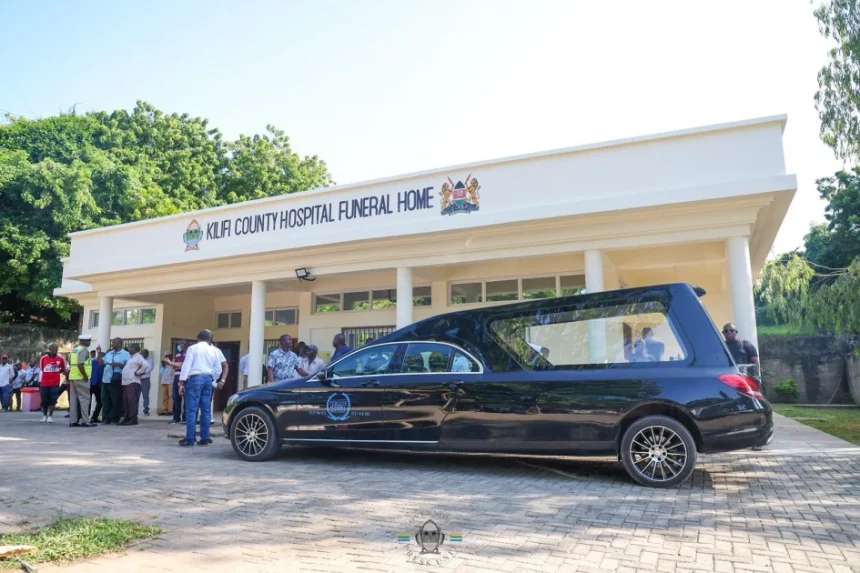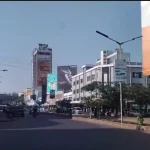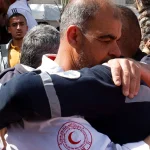As Kenya marked the first anniversary of the deadly June 25 protests, President William Ruto was in Kilifi County attending the funeral of Mzee Gideon Mung’aro, father of Kilifi Governor Gideon Mung’aro.
Several leaders attended the burial, including ODM leader Raila Odinga, Senate Speaker Amason Kingi, and Cabinet Secretary for Mining and Blue Economy Hassan Joho.
Earlier in the day, President Ruto held a high-level meeting at State House, Nairobi, with His Excellency Sultan Ali Allana, the envoy of His Highness Prince Rahim Al Hussaini Aga Khan.
The President lauded the Aga Khan Development Network (AKDN) for its contributions to Kenya’s health and education sectors, extending an invitation for the Aga Khan to visit the country for the signing of a formal agreement recognizing the Ismaili Imamat and to receive the Chief of the Order of the Golden Heart (C.G.H.), Kenya’s highest civilian honor.
Meanwhile, back in the capital, a heavy police presence dominated Nairobi and other major towns as Kenyans took to the streets to commemorate the 2024 anti-Finance Bill protests that left dozens dead and ignited nationwide outrage over police brutality.
Wednesday’s events were marked by heightened security and limited access to key parts of Nairobi.
Roads leading into the Central Business District (CBD) were barricaded by dawn, with major arteries such as Jogoo Road terminating at City Stadium, forcing commuters to walk the rest of the way.
Security was visibly intensified around government installations.
Razor wire and heavily armed officers sealed off all approaches to State House and Parliament, signaling a government on high alert following last year’s breach during the chaotic June 25 protests.
Interior Cabinet Secretary Kipchumba Murkomen arrived at Harambee House before sunrise to oversee security operations.
He was joined by senior officials, including Inspector General of Police Douglas Kanja, who had addressed the nation a day earlier.
In his brief Tuesday press conference, IG Kanja warned demonstrators to avoid restricted areas, affirming that “officers will act within the law to protect lives and property.”
Flanked by DCI Director Amin Mohamed, GSU Commandant Ranson Lolmodoni, and Nairobi Police Commander George Seda, Kanja declined to take questions from the media.
Both Kanja and Seda emphasized the importance of peaceful demonstrations. “We shall provide adequate security for both protesters and non-protesters,” Seda said earlier in the week.
“Let’s ensure demonstrations remain peaceful and do not infringe on the rights of others. It is a working day—businesses, shops, and hotels will be open.”
Authorities warned that any violence or acts of vandalism would be met with firm response, reiterating the government’s stance on maintaining public order.
This year’s protests—dubbed “Youth Transparency Day” by activists—focus not only on fiscal accountability but also on long-standing concerns around police conduct, unlawful detentions, and state impunity.
Civil society organizations have used the anniversary to renew calls for justice, compensation for victims, and sweeping reforms in the security sector.



